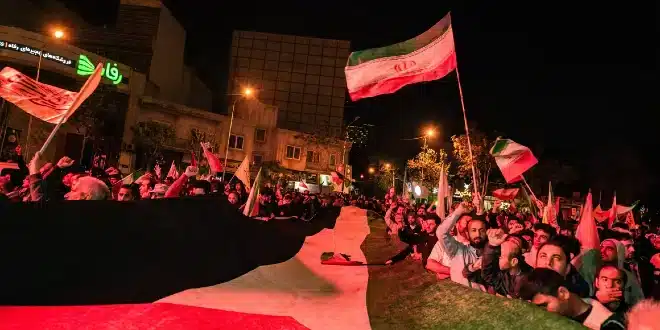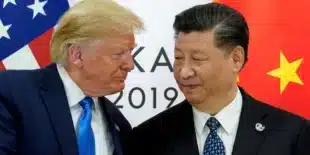The United States and the United Kingdom have introduced a new set of sanctions against Iran, following Iran’s aggressive attack on Israel. These sanctions aim to penalize Iran for its actions and discourage further aggression. However, the effectiveness of these new measures might be limited, as many of the targets were already under previous U.S. sanctions, and the individuals likely don’t have significant assets within U.S. reach.
The sanctions involve 16 individuals and two companies in Iran that were instrumental in manufacturing drone engines used in the attack on Israel on April 13th. Additionally, five steel production companies and three subsidiaries of the Iranian Bahman Group, which supports Iran’s military activities, were sanctioned.
The U.K. also placed sanctions on various Iranian military entities and individuals linked to Iran’s drone and missile programs.
President Joe Biden has committed to ongoing sanctions to undermine Iran’s military capabilities, while U.K. Prime Minister Rishi Sunak asserted that these sanctions would help curb Iran’s destabilizing activities in the region.
The U.S. Department of Commerce has further tightened restrictions on Iran’s access to commercial-grade microelectronics to hinder its military advancements.
These actions follow warnings from U.S. officials about imminent sanctions in response to Iran’s regional activities and to prevent future attacks. There is also legislative momentum in the U.S. to impose financial penalties on Iran and its leaders.
Additionally, the U.S. reinstated travel restrictions for the Iranian delegation at the United Nations, limiting them to a two-block radius around the U.N. headquarters. These restrictions were initially imposed during the Trump administration but were briefly lifted by the Biden administration.
This escalation of sanctions comes amid heightened fears of a broader regional conflict, prompted by Iran’s direct military attack on Israel, which was a retaliation for an alleged Israeli strike on an Iranian consulate in Syria.
European Union leaders have also pledged to intensify sanctions against Iran, focusing particularly on Iran’s supply of drones and missiles to its proxies in the region.
The ongoing sanctions strategy by the U.S. has broadly targeted Iran’s economic sectors, including its central bank, various government officials, and industries linked to its military capabilities. Despite these efforts, concerns remain about the overall effectiveness of sanctions in deterring Iran’s military engagements and support for militant groups.


